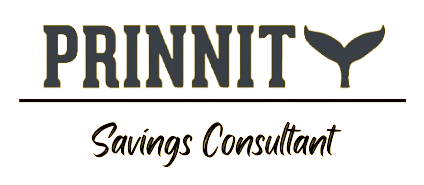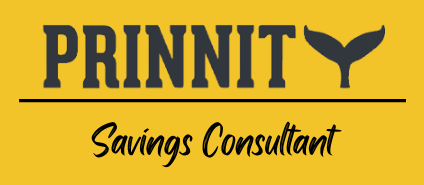Considerations for Policyholders
Deciding whether an IUL policy is right for you depends on several factors, including your financial goals, risk tolerance, and investment horizon. It’s essential to consider both the immediate and long-term implications of an IUL policy in your overall financial plan.

- Assessing Your Financial Goals: Consider how an IUL policy fits into your broader financial objectives, including retirement planning, estate planning, and legacy goals.
- Understanding the Investment Component: It’s important to have a clear understanding of the investment risks and rewards associated with the policy’s cash value component.
- Consulting with a Financial Advisor: Due to the complexity of IUL policies, consulting with a financial advisor can provide clarity and help you make an informed decision based on your individual circumstances.
Conclusion:
IUL insurance presents a unique blend of life insurance protection and potential for cash value growth, but it also carries certain risks and complexities. By carefully considering its pros and cons, and how it aligns with your personal financial goals, you can make an informed decision about whether an IUL policy is the right choice for you in 2024. As with any financial product, thorough research and professional advice are key to navigating your options effectively.



 IUL insurance, while offering an array of potential benefits, also comes with certain considerations. It’s important to weigh these pros and cons carefully, as they can significantly impact your financial planning and the security of your dependents.
IUL insurance, while offering an array of potential benefits, also comes with certain considerations. It’s important to weigh these pros and cons carefully, as they can significantly impact your financial planning and the security of your dependents.